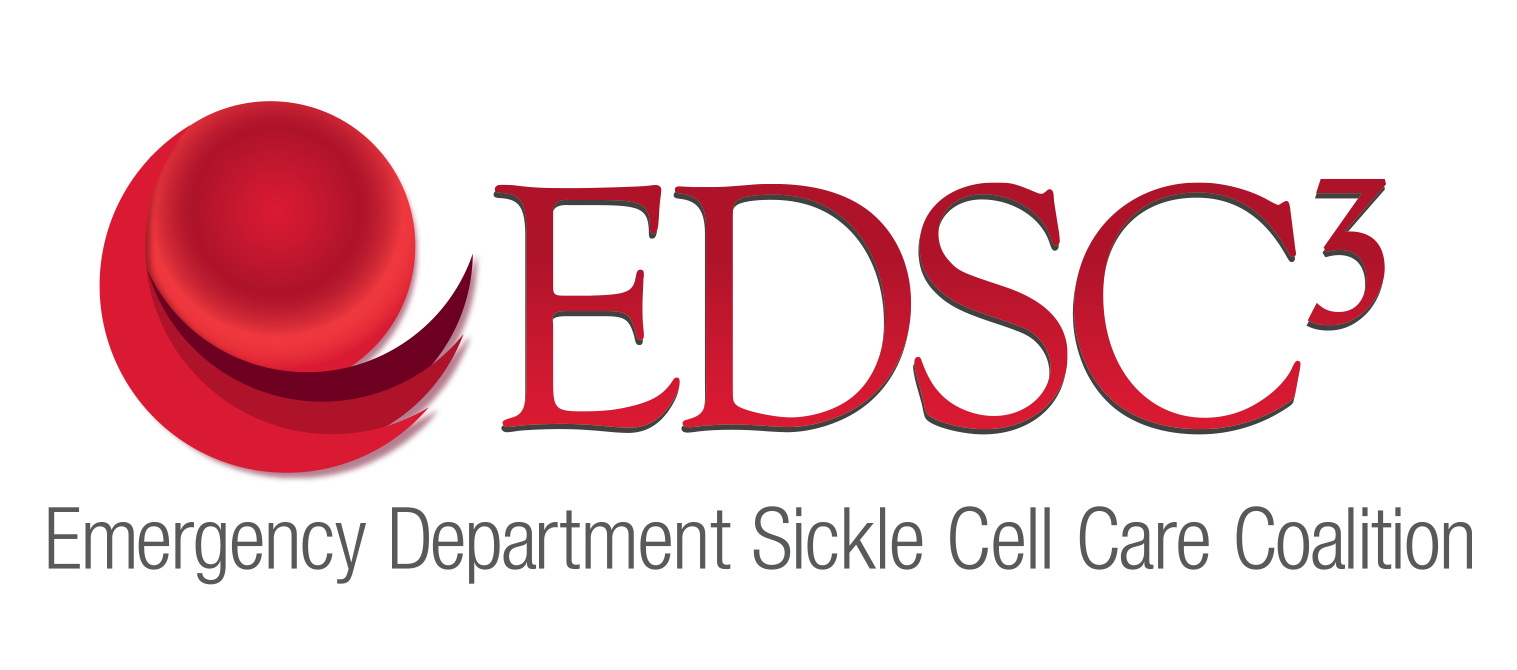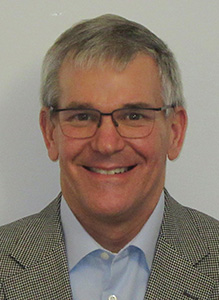ACEP ID:
- My Account
- My CME
- Sign Out
ACEP ID:

Sickle cell disease (SCD), while considered a rare disease, is the most common genetic blood disorder and affects approximately 100,000 Americans, primarily of African and Hispanic descent. Individuals with SCD can experience multiple life-threatening problems during their lifetime. Much of their acute care is delivered in the emergency department (ED), yet patients often relate poor experiences in this setting. In recognition of the need to improve the care offered to patients with SCD in the ED, the American College of Emergency Physicians in collaboration with multiple public, private and professional partners have created the Emergency Department Sickle Cell Care Coalition (EDSC3). Its purpose is to provide a national forum dedicated to the improvement of the emergency care of patients with SCD in the United States. The EDSC3 primary objective is to promote evidence-based emergency care and optimize communication in the delivery of the emergency care for patients with SCD. The EDSC3 will focus on the following:
*Providing organizational support
Dr. David Brousseau

Dr. David Brousseau is the Chair of Pediatrics at Nemours Children’s Health, Delaware, and the Sidney Kimmel Medical College at Thomas Jefferson University. Dr. Brousseau is a graduate of the University of Virginia medical school. He completed his pediatric residency at the University of Colorado Health Sciences Center and his fellowship in Pediatric Emergency Medicine and Masters in Epidemiology at Brown University/Hasbro Children’s Hospital. Prior to joining Nemours Children’s Health as Chair, Dr. Brousseau was the Section Chief of Pediatric Emergency Medicine at Medical College of Wisconsin/Children’s Wisconsin.
Dr. Brousseau’s academic focus centers on the care of people with sickle cell disease (SCD). He has had continuous federal funding for almost two decades, including sickle cell randomized clinical trials and hybrid-implementation trials. He is currently the study PI on an NHLBI U01 hybrid effectiveness-implementation trial to improve guideline adherence for the care of children presenting to the ED with a painful crisis related to their SCD. Dr. Brousseau is the Chair-elect of the American College of Emergency Physician’s Emergency Department Sickle Cell Care Coalition (EDSC3), whose goal is to improve the care of children with SCD across academic and community emergency departments, both pediatric and general. In addition to his sickle cell work, Dr. Brousseau has been an active member of the Pediatric Emergency Care Applied Research Network (PECARN) including more than a decade as a member of the steering committee and two terms as Chair of the Feasibility and Budget subcommittee. He has over 110 publications, including first author publications in JAMA and Blood.
Dr. Brousseau also has an established track record of mentorship, including serving as the primary mentor on an NHLBI K23 and serving as the scientific advisor for an NHLBI funded UG3/UH3 for an interventional clinical trial for sickle cell pain.
Dr. Paula Tanabe

Dr. Tanabe is a Distinguished Professor at Duke University in the School of Nursing and holds dual faculty appointments in the Departments of Surgery and Medicine. She completed her BSN at Rush University, MSN at Loyola University, MPH at Northwestern University and PhD at the University of Illinois, Chicago. She was previously the Vice Dean for Research at Duke University School of Nursing. Dr. Tanabe is an emergency department nurse by background and worked at the bedside as a staff nurse and Clinical Nurse Specialist for 28 years.
Dr. Tanabe’s research has focused on 1) improving pain management in the emergency department for individuals with SCD, and 2) developing screening and referral tools for ED providers to use which can identify unmet SDOH for persons with SCD. She has been continuously funded by NIH since 2005. She has conducted clinical trials and dissemination and implementation projects which focus on disseminating evidence-based guidelines for the treatment of SCD (R18 RHS024501, U01HL133964). She also led clinical trials to compare evidence-based recommended treatments for vaso-occlusive episodes (VOE) in the ED setting (R34 HL121224-01A and 1UG/H3 -HL137856-01). Dr. Tanabe served as MPI with Dr. Nirmish Shah for the Sickle Cell Disease Implementation Consortium grant (U01 HL133964). The team developed a registry of SCD patients, conducted 2 implementation science trials, and conducted a statewide needs assessment of individuals with SCD in NC. Her second area of research is developing and using screening and referral tools to identify unmet social determinants of health needs for individuals with SCD. Dr. Tanabe is currently working with leaders from the Department of Health in NC to disseminate a toolbox to EDs throughout the state to improve the ED management of those with SCD. Dr. Tanabe has over 125 publications and is a sought after mentor for trainees and junior faculty from a variety of disciplines.